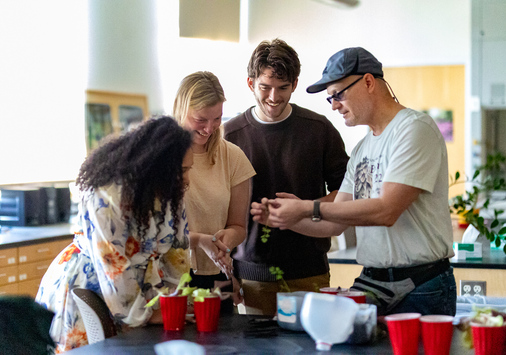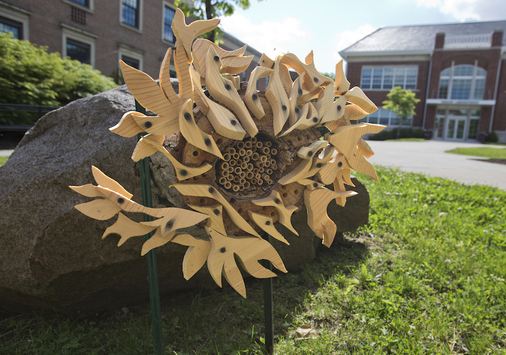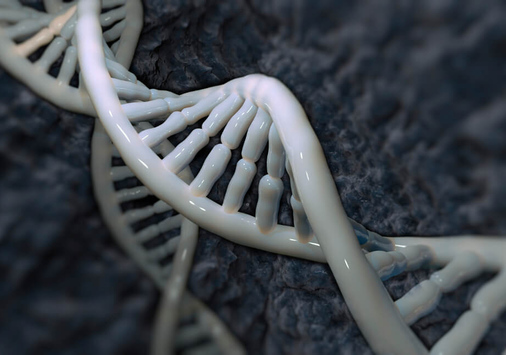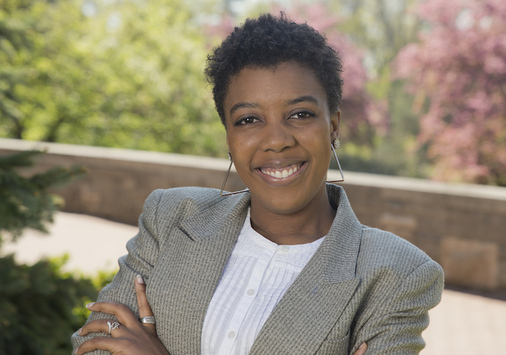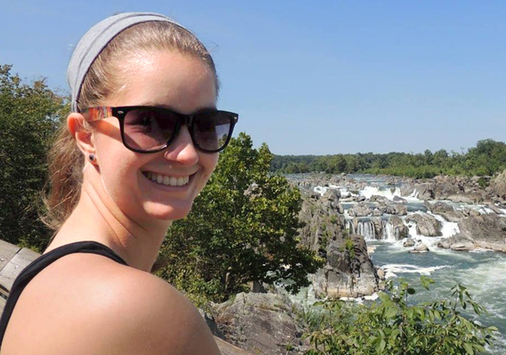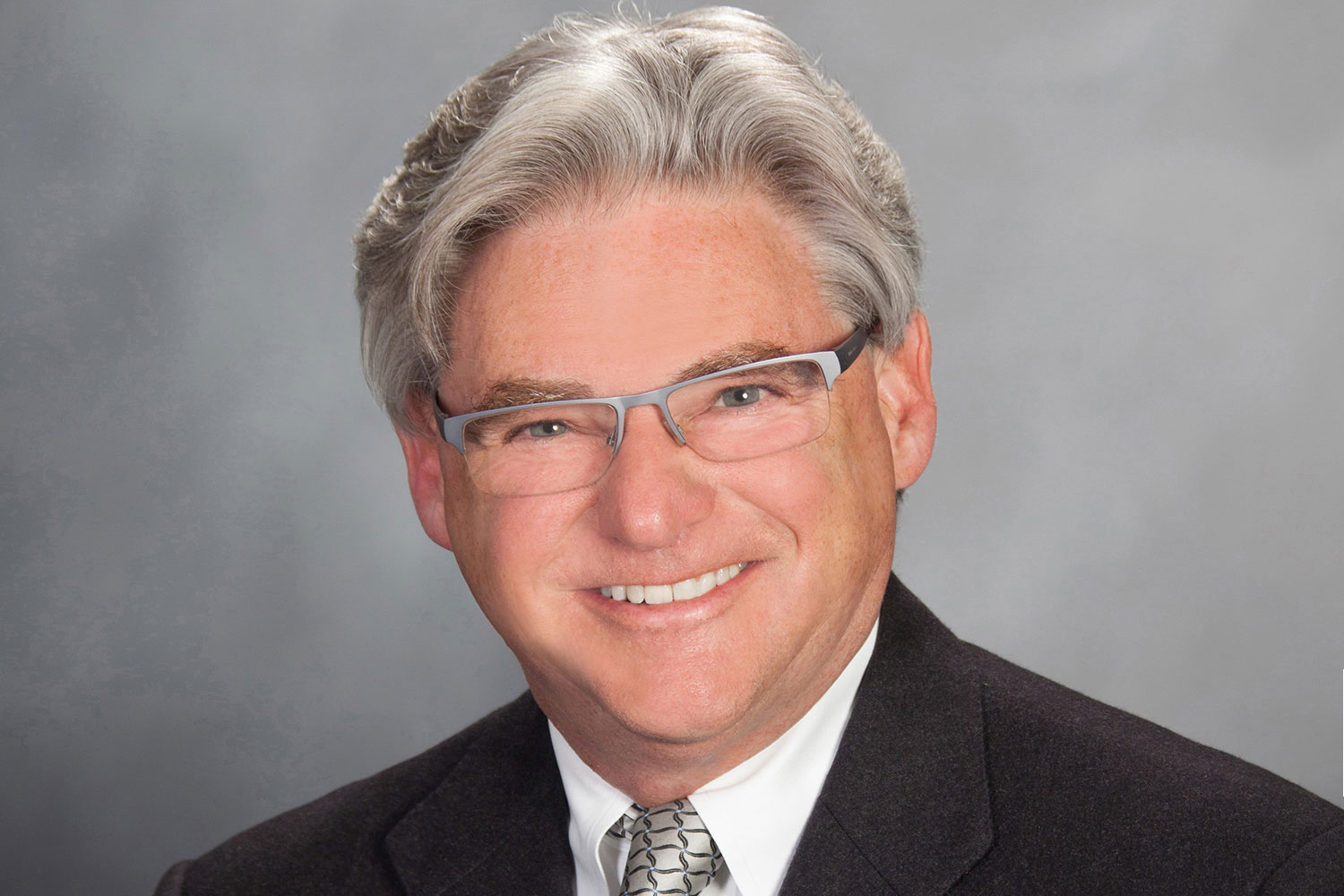
For years Dr. Bruce Spiess ‘76 has been helping to save lives one by one as a specialist in open-heart anesthesiology. Today, he’s poised to save hundreds — even thousands.
In the midst of the COVID crisis, when supplies of personal protective equipment are at a dire low point, Spiess generated a way to manufacture masks from materials hospitals already have on hand. He tapped into a resource abundantly found at hospitals, Halyard 600 — the blue sterilization wrap used to protect surgical instruments from bacteria and germs. Masks made of this material can be fitted to the wearer and used up to four times if they are sterilized in between use. They pass N 95 fit testing and are being evaluated rigorously to see if they have the characteristics of N 95 standards, but Spiess points out these lay manufactured masks are not N 95 certified.
Hundreds of these masks are in production now — and some Fortune 500 companies are looking at the design and determining if they can step in to ramp up production to the hundreds of thousands.
“It’s starting to catch on around the world,” says Spiess, a professor of anesthesiology and associate chair of research at the University of Florida. “In less than a week I’m getting four-to-five thousand emails from places as far away as India, Australia, and Canada.”
While the Spiess’s masks aren’t meant to replace the N-95, they can be a crucial tool in the arsenal to contain the coronavirus. “Moment by moment this huge cottage industry is sweeping the world and helping first responders protect themselves. My hope is that we help save lives. Perhaps if we used them throughout the hospital when not directly caring for a COVID 19 patient we might decrease the infectivity of health care workers.”


